Summus es un término procedente del latín que describe la grandeza de algo. En nuestro caso, SUMMUS es la conferencia que celebra la grandeza de la música: un encuentro en el que expertos de la industria de la música de todas partes se reúnen para compartir experiencias, crear consenso sobre los retos actuales y diseñar el panorama futuro.
Flowers by Bornay, Carrer de Melcior de Palau, 36, 08028 Barcelona
Flowers by Bornay, Carrer de Melcior de Palau, 36, 08028 Barcelona
Los tiempos cambian, y la geopolítica del copyright musical y la tecnología no son una excepción. Por nombrar sólo algunos cambios, los hubs tradicionales se fragmentan, surgen nuevas fraternidades, las organizaciones de copyright adquieren empresas, las empresas tecnológicas juegan a licenciar, y los mandatos transcontinentales y las licencias globales van de la mano. El panel pretende comprender las estrategias internas que impulsan estos cambios y sus implicaciones para los compositores, los artistas y la industria musical en general.
Hoy en día, existen más oportunidades que nunca para que los artistas sean descubiertos y lleguen a nuevas audiencias. Las listas de reproducción en tiendas, los servicios de música de fondo, la música en videojuegos, las transmisiones en vivo y los espacios virtuales pueden actuar como puertas inesperadas para que los fans descubran nueva música. Pero vayamos más allá de las listas de reproducción. La música es omnipresente, las audiencias están contentas, ¿pero lo están los artistas? ¿Está la industria musical monetizando con éxito el uso de la música en espacios públicos? Los modelos de licencias tradicionales enfrentan desafíos únicos cuando se aplican a entornos virtuales. Con el auge de las presentaciones en realidad virtual y el metaverso, ¿es hora de repensar cómo se gestionan los derechos musicales? Y qué hay de la distribución precisa de regalías: la tecnología juega un papel crucial, ¿pero es eso todo lo que se necesita? Profundicemos en estas preguntas críticas y exploremos el futuro del descubrimiento y la monetización de la música en un panorama en rápida evolución.
A medida que la televisión lineal tradicional se centra más en el espectador y adopta cada vez más las características de una plataforma de contenidos a la carta, se difuminan los límites entre la emisión convencional y los servicios de vídeo a la carta por suscripción (SVOD), lo que crea un panorama complejo para el copyright y las licencias musicales. Nuestro panel trata de desentrañar la dinámica evolutiva de los derechos musicales en esta fase de transición, analizando cómo afecta a los modelos de concesión de licencias, la publicidad y el papel de los cue sheets.
Echemos un vistazo al futuro de los servicios de música digital de aquí a seis años. Queremos realizar una serie de predicciones sobre el impacto de la inteligencia artificial en la creación y selección musical, el papel de la sincronización de vídeo en la mejora de las experiencias musicales, la evolución de la dinámica entre artistas y fans, el aumento de la disponibilidad de contenidos, la importancia de los modelos user-centric y los posibles retos normativos que puedan surgir. Únete a nosotros en una conversación con visión de futuro sobre las innovaciones que van a configurar el panorama de los servicios musicales y las oportunidades y retos que nos esperan.
Las empresas de IA están lanzando servicios de música generativa con información normalmente escasa y a veces contradictoria sobre qué datos se utilizaron para entrenar los modelos. Frente a la incertidumbre de los datos de entrenamiento, surgen dos aproximaciones a una solución. Uno es la certificación, en la que las empresas exponen sus datos al escrutinio de terceros. El otro es el interrogatorio, en el que se aplican principios de ingeniería inversa para saber si se utilizó un repertorio concreto para entrenar el modelo. Charlaremos sobre cómo estos métodos pretenden aumentar la transparencia y mitigar los riesgos de copyright.
A principios de diciembre de 2023, se aprobó la Ley de IA de la UE, que dio lugar a lo que se considera el primer marco jurídico global del mundo para la inteligencia artificial. Detrás de éste y otros esfuerzos legislativos, hay un mundo de acuerdos, desacuerdos y disputas. Intentaremos comprender en qué están de acuerdo y en qué no los propietarios de derechos exclusivos de música y las empresas de IA.
Recientemente, los principales DSPs anunciaron que dejarían de pagar derechos por las obras sobre-reclamadas. Este giro político provocó cambios en las prácticas de reclamación y estimuló la cooperación entre los titulares de derechos para evitar el bloqueo de las regalías. Esto plantea importantes cuestiones sobre la gestión de conflictos: ¿Cómo se detectan y notifican inicialmente los conflictos? ¿Cómo se resuelven? ¿Cómo garantizan las partes que las resoluciones de conflictos se mantengan? ¿Merece la pena el esfuerzo de la resolución de conflictos? El panel abordará estas y otras cuestiones conflictivas.

A music industry professional for over 30 years, Neil has held executive roles in major organizations like EMI Music Publishing, Right Thinking Solutions – a music industry consultancy, ASCAP, and Universal Music Group. Over the years, Neil has served on the Executive Boards of SABAM, IMPA, ICMP, the Global Repertoire Database (“GRD”) and the Repertoire Data Exchange (“RDx”). His expertise lies in rights, royalty, and repertoire management, where he has consistently focused on improving business processes and transparency to increase revenue for creators and rights holders. He is currently on sabbatical, applying his business skills to his garden.

Charlie is a qualified solicitor and recognised expert on international music rights and licensing. He set up PTR Strategic in 2021 to offer specialist advisory services to music industry stakeholders around the world. He recently concluded an 8-month tenure as interim CEO for the Ivors Academy in the UK. Charlie started his career as a recording studio engineer and held senior positions at Capital Radio and Napster before qualifying as a solicitor in 2009. He spent a decade representing the independent music sector, running the Worldwide Independent Network, and as Director of Legal for the Association of Independent Music. This followed a legal advisory role at IFPI. Charlie continues to produce electronic music as part of the band Two Lands.

Over the past 2.5 years as CEO at ICE, Peter has focused on refining the business strategy, with enhanced customer intimacy and increased operational excellence at the core of the thinking. During his tenure, ICE has scaled up in all areas and has achieved the milestone of distributing €1Bn to rightsholders in a consecutive 12-month period. Peter has a proven track record of delivering new online products and services and has overseen a diverse range of audio, video, radio, television, E-commerce, and online content and data solution services. He was Chief Internet and Chief Strategy Officer for the global professional publishing company Reed Business Information, and CEO for multiple countries; CEO for Sanoma in Holland and Belgium; and CEO of the Dutch media company Talpa Network.

Julien is SVP Digital, Phono Mechanical & Development and, since 2022, a member of the Executive Committee of SACEM. He focuses on developing digital earnings and improving the value share for creators and international partners. He also explores all new media businesses to create value-added services and diversify revenue sources for SACEM members and partners. Julien is also the CEO of the SACEM subsidiary “URights.”Over his career, Julien has served as Business Affairs Director for digital and 360° activities at Universal Music France and as VP Music Rights at Deezer. In 2015, he joined SACEM as Head of the Phono-Mechanical and Digital Rights department to develop SACEM’s digital activities.

Scott has over 35 years of music industry experience working for major & indie music publishers and CMOs across a broad range of areas from business development to licensing, sync to operations, which has given him a rounded overview of our industry. Originally learning the business at PRS, EMI & BMG; his later senior positions include exec roles at Kobalt Music, AMRA, KSTAR, STIM & Palan Music. Scott also had a multi-year tenure at ICMP as a board member, vice-chair and chair of the Metadata Expert Group. A long-term board member of IMPA & MPA and the founder and co-chair of the Steering Committee for Technical Working Group for Europe, he continues to chair the UK Gov IPO Metadata Technical Solutions Group project. Over the years, Scott has been an integral part of creating many new business opportunities and continues to seek innovation; be that on a start-up or approaching the overhaul of a major organisation. Scott recently founded a new company, Musaxia, offering music consultant services.
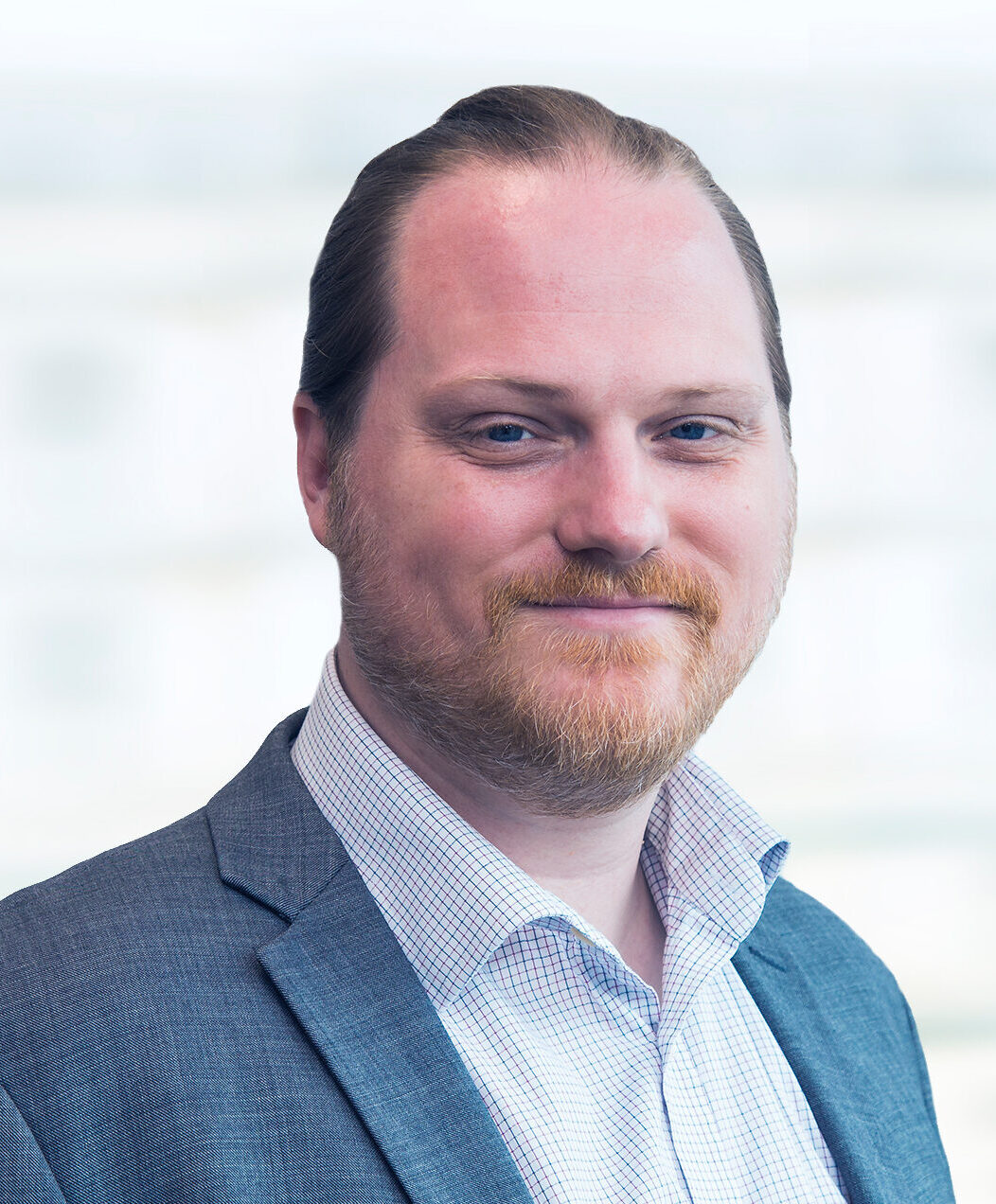
Across nearly 20 years of providing legal advice in the music and wider entertainment sector, Peter has acted for major and indie labels and publishers, trade unions, collecting societies, streamers, broadcasters, video games developers, international trade bodies and leading technology service providers to the music sector. With particular expertise in collective licensing, technology and data, and having worked extensively in both private practice and in-house, Peter is uniquely well positioned to see all sides of the music distribution and music royalty landscape both legally and commercially. Peter’s current position with leading UK law firm, Wiggin, involves negotiating music licences for music streamers and SVOD platforms across EMEA and beyond, as well as advising numerous music industry clients on new and emerging copyright law, governance, regulatory compliance, data transfers, royalty allocation, disputes and much more.

Chantal founded ClicknClear, a music rights tech and licensing company servicing performance sports to bring an additional 10% recorded music revenue into the music industry. Following her work in sync licensing, working on projects with Spotify, big brands and professional YouTubers, Chantal found herself in a unique position to merge her two passions, Cheerleading and Music, after the Cheerleading industry suffered a lawsuit from a major label. Chantal and her team have executed deals with hundreds of major and independent labels and publishers, clearing a specialist set of rights required by performance sports. They have also built a unique technology stack to make it easy for sports to manage music licenses. Chantal is a multi-award-winning entrepreneur who was recognised as one of the 50 Most Inspiring Women in Tech in the UK and is also a World Champion Cheerleader and pioneer of disability-inclusive cheerleading.

Mark is a DDEX board member and the Chief Information Officer at PPL, where he is responsible for all aspects of PPL’s technology and data systems and leads a team of around 50 IT and data professionals. Outside of PPL’s core systems, Mark has played a key role in a range of critical industry initiatives, including RDx and VRDB. Before joining PPL in 2011, Mark was a partner in the technology consulting practice at Deloitte, serving a broad range of media clients across TV, music and film. For the past 3 years, he has been a regular contributor to Music Business Worldwide’s UK print magazine, where he comments on data and technology matters within the music industry.

Jordi has a law degree from Barcelona University and more than twenty-five years of experience in the music sector. He co-founded and is CEO of Unison, the first private and for-profit music copyright management operator in Spain, one of the pioneers in Europe and one of the first two private music rights management companies accepted as Client RME in CISAC. Unison manages rights in nearly 3M songs for +800 clients from 30 countries, collectively representing +40k rights holders.

Thaïs is a seasoned and creative strategist for business & legal affairs, particularly for creative industries and start-ups, also passionate about cross-cultural communications. Former advisor for protecting, exploiting, and defence of IP & Intangibles for clients in the entertainment (audiovisual, publishing, music, video games), design, architecture, fashion, art, science, IT, and technology industries. Currently focused on teaching and training professionals in those fields, as well as on bridging the legal and business gap through drafting and translation.
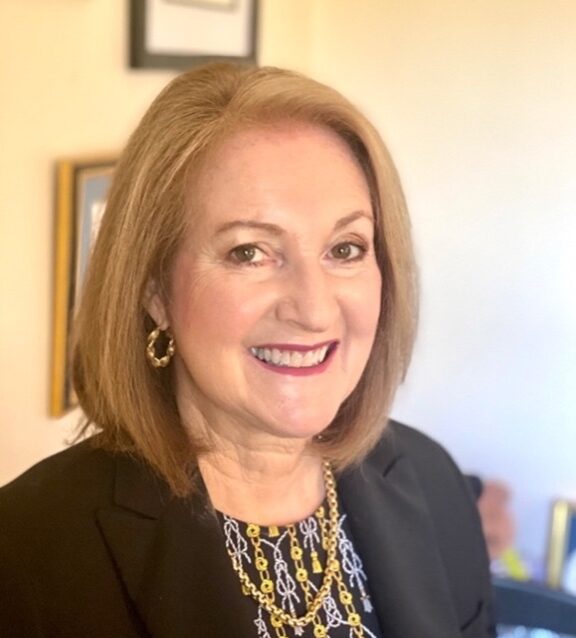
Janet E. McHugh is a seasoned corporate executive and attorney with experience in the energy, finance, and broadcast industries. For eight years, she has been President and CEO of the Television Music License Committee (TVMLC), which represents 1,200 local TV stations in negotiating public performance licenses for musical works with ASCAP, BMI and SESAC. Prior to TVMLC, Janet was an attorney with Sinclair Broadcast Group, Inc. and served as Deputy General Counsel and Senior Vice President of Human Resources for Constellation Energy Group, Inc., now Exelon Corp. Janet is the author of “Music Licensing: A Practical Guide”, an informative and comprehensive guide for TV and radio broadcasters. The book seeks to make the complexities of music licensing understandable to the broadcast legal and business communities.

Dominic has over 30 years of experience in business and legal affairs in the music and entertainment industries. He is a highly respected executive with a unique portfolio of knowledge spanning the globe and deep experience in building and leading teams. He has worked with some of the biggest media services in the world, including Netflix, CBS, AOL, Time Warner and Viacom. At Netflix, Dominic was the Vice President, Music. He was responsible for building and leading the global music business and legal affairs function, taking it from zero personnel in 2013 to around 80 in 2024. This encompassed each part of the value chain, from production, marketing, and distribution, together with the underlying business processes that supported this work at scale across the world. He set strategy, managed key external relationships in the music industry and public policy arena, and was responsible internally to the C-Suite for the overall music expense.
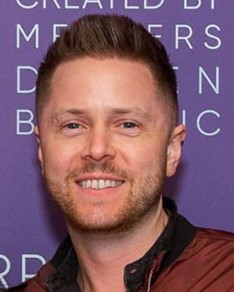
With a 12+ year career spanning Warner Music Group and FremantleMedia to the BBC, Ben understands the synergies and tensions between music rights-holders and content creators. Having honed his experience on the front line of licensing music rights for use in media and content, he’s responsible for overseeing music sync and clearance for the BBC’s music programming output such as Glastonbury and the Proms, as well as its factual entertainment content. In his role as Senior Music Rights Executive, Ben sits on the team that negotiates the BBC’s music blanket agreements with the collection societies that license its Radio, TV, online and on-demand services. Securing strategic and innovative music licensing solutions is a crucial cornerstone to the BBC’s mission of evolving a publicly funded, 100-year-old, public-service broadcaster into a digital-first, public-service media organisation, future-fit for the 21st century and beyond.

Victoria has over 30 years of experience in the publishing industry. In her most recent role as Sr. Director of Content Operations and Services at Spotify, she was responsible for leading strategic change in publishing operations and managing relationships with publishing licensors globally. Before Spotify, Victoria worked at Google, first as Head of Google Play’s publishing licensing in EMEA, then leading YouTube’s global publishing strategy. Prior to working on the DSP side of the industry, Victoria spent many years working at collecting societies, first at SGAE in her native Spain, then at PRS for Music, where she served as Director of Operations and IT. She is now launching a new digital rights consulting practice.
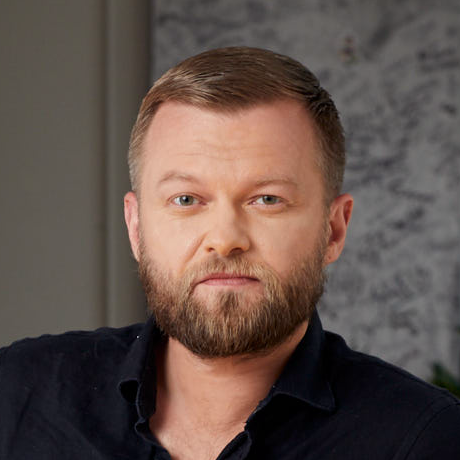
With a background in economics and a foundation as a songwriter for BMG Rights Management, Michael's career spans impactful contributions. During his tenure as VP of Strategy at SoundCloud, he orchestrated the launch of an acclaimed new streaming model, earning acclaim for his global business strategy and innovative fan-powered initiatives. As the Chief Strategy & Impact Officer at Voice-Swap.ai, he shapes the company's vision and strategy, overseeing partnerships, business development, and innovation alignment with social responsibility goals. Concurrently, as a principal advisor at Forms + Shapes, Michael continues to influence the music landscape, collaborating on AI, creator tools, fan engagement models, and administrative technologies.

Sara is a technology innovation leader and music engineer with over 10 years of international experience. Currently, she works as Head of Music Label Partner Eng, EMEA, APAC & LATAM at YouTube, where she and her team deal with record labels from a technical perspective. Previously, Sara worked at the BBC as innovation lead for the music and radio team. Always linked to the union between music and technology, lately working closely with the latest AI developments.
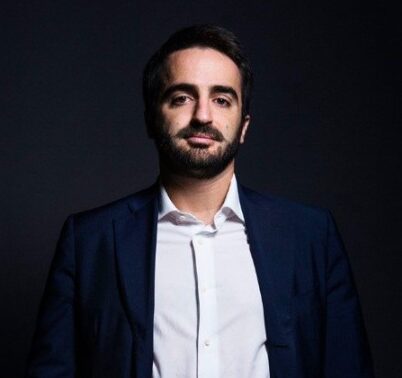
Matteo Fedeli, born in 1984, has been appointed as SIAE’s CEO in January 2023. Graduated with honors in management engineering, he declares himself a 360-degree tech enthusiast and an ambassador of customers’ needs, strongly convinced that success can be lasting only if pursued through a customer-centric approach but always supported by a quantitative scientific method. He joined SIAE in 2014, as director of the Music Division, immediately contributing to the digital transformation of the Society within a constantly evolving market. Prior to that, he gained strong management consulting expertise at Bain&Company, focusing on corporate transformation, post-merger integration and reorganization strategies.
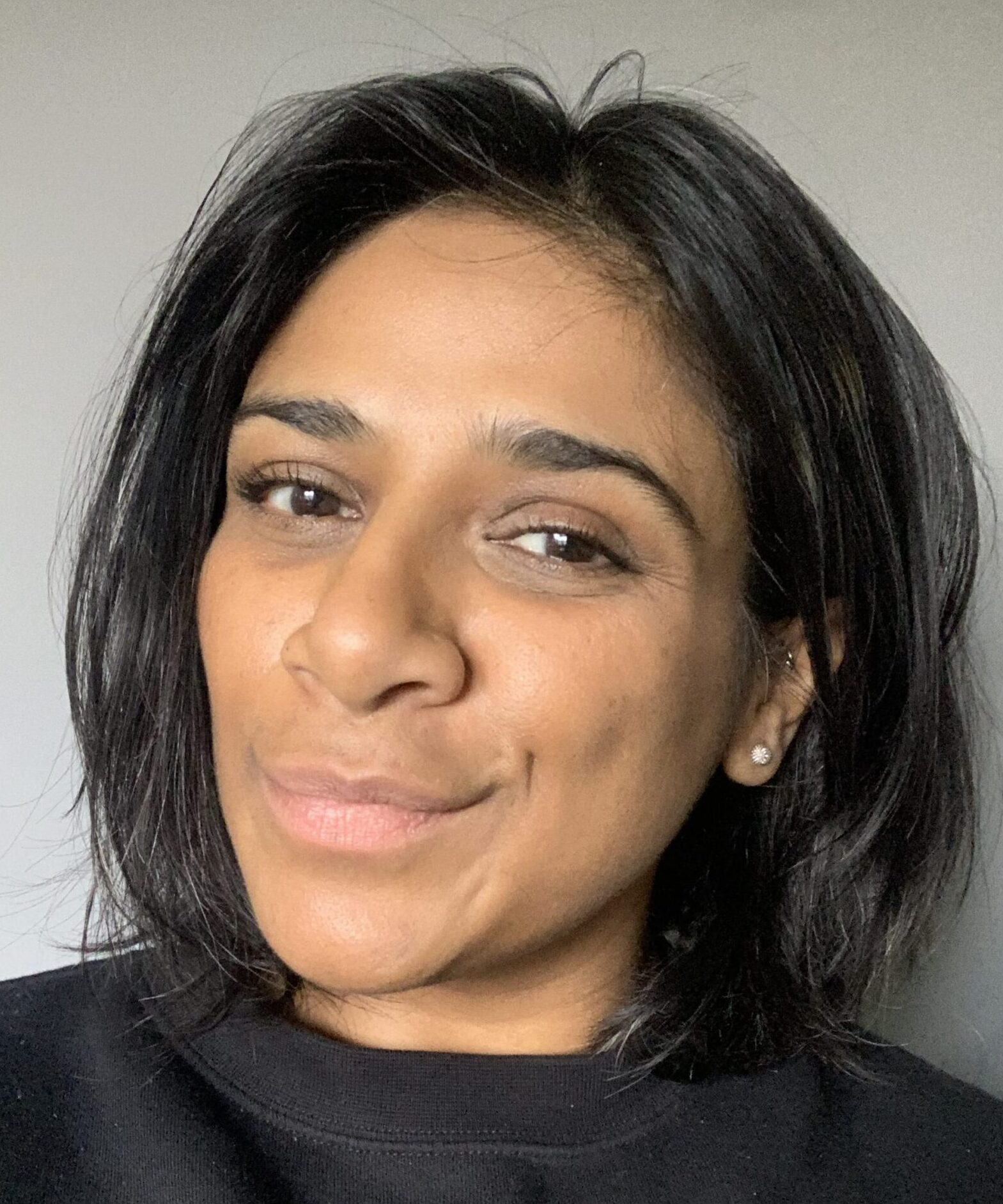
B is a lawyer, music industry master and an advocate for the creator - she is currently Director of Music Licensing and Partnerships at SoundCloud. With an expansive career spanning over 20 years in the music industry, having worked at PRS for Music, Warner Chappell, Peloton, iTunes and notably being involved in the global launch of Apple Music - she has a wealth of knowledge and a deep understanding of the intricacies of music publishing, licensing and streaming services. B is also founder of music:defined, a consultancy supporting songwriters, artists, music managers and music industry execs to understand and navigate the music business.

Roser holds a degree in Telecommunication Engineering from the Polytechnic University of Catalonia. Currently, she is a predoctoral researcher in the Music Technology Group (MTG) of Pompeu Fabra University, specializing in the algorithmic transparency of generative music models, as well as studying the principal ethical implications of these algorithms. The project is developed within a collaborative and interdisciplinary framework involving the MTG, the Joint Research Centre of the European Commission and Sony AI.

Julien Lefebvre is head of Digital Strategy and Innovation at SACEM, the French Author Rights Company. After ten years consulting in IT architecture, Julien joined SACEM in 2016 as chief enterprise architect. Since then, he and his team have been involved in the IT strategy and in all the major business and technological transformations: online processing, lives, repertoire management, customer and members relationship management and international collaboration. Since the end of 2019, Julien is also in charge of SacemLab, the Sacem innovation team. In this new role, he works closely with the music tech ecosystem and especially with startups, to identify and leverage opportunities to bring value to the members and customers.

Richard works on different music industry and metadata initiatives, including the operation of the ISRC Registration Authority. He also delivers technology leadership and advice on a wide range of policy issues. He has recently worked closely with two projects in the performance rights area: Repertoire Data Exchange (RDx), a hub for the exchange of recording and rights data using the DDEX RDR standard; and SoundSys, a cloud-based back-office system for Music Licensing Companies which uses DDEX RDR and other data in calculating the distribution of performance rights revenues.

Jordi Pons is a researcher at Stability AI working on generative models for audio and music. Previously, he was a staff researcher at Dolby Laboratories and received a PhD in music technology, large-scale audio collections, and deep learning at the Music Technology Group (Universitat Pompeu Fabra, Barcelona). He also received a MSc in sound and music computing (Universitat Pompeu Fabra, Barcelona), and his BSc was in telecommunications engineering (Universitat Politècnica de Catalunya, Barcelona). He also interned at IRCAM (Paris), at the German Hearing Center (Hannover), at Pandora Radio (USA, Bay Area), and at Telefónica Research (Barcelona).

Amaia is the Senior Manager, Legal and Business Affairs at Sony Music Publishing Spain, where she combines her passion for music with her strong background in law. A lawyer specialised in copyright and intellectual property and with extensive knowledge of the music industry, Amaia focuses on managing the legal aspects of publishing in relation to composers, CMOs, and the rest of the music industry agents. She is very enthusiastic about the regulation of artificial intelligence, digital licensing of music, music publishing and collective management of music rights. In addition to her work at Sony, she is a professor of intellectual property, sharing her knowledge and experience with the next generation of professionals. She has also worked at Warner Chappell and several law firms before making the leap to her position at Sony Music Publishing.

Sophie is a partner in the Entertainment and Media Industry Group, widely recognised as a leading practitioner in digital and copyright law. She focuses on copyright, IT law and artificial intelligence and is also a member of On-Chain: Reed Smith’s Crypto & Digital Assets Group. Sophie is dual-qualified and fluent in common law and civil law systems, with strong academic credentials in copyright law. She focuses on all issues shaping the future of the online world from a technological, commercial, legal, and policy-making standpoint.
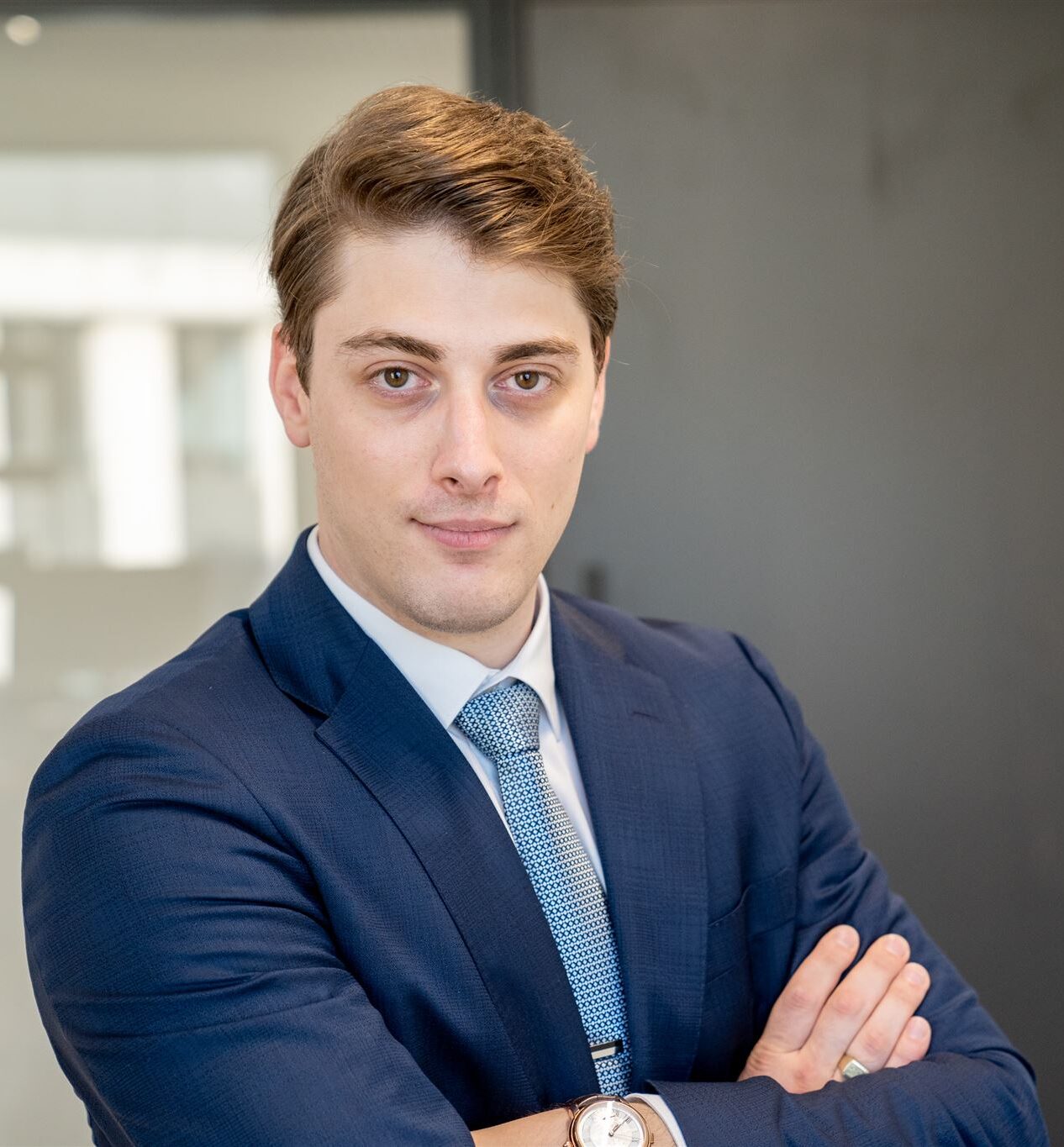
Jure is a Legal & Policy Executive at ICMP - the global trade body for the music publishing industry. ICMP represents Majors, Indies and 76 national groups across 6 continents. ICMP’s members are the nexus point between music creation (the first investors in the world’s songwriters and composers) and music markets (licensing across all formats, including broadcast, live, digital, etc.). Jure engages with decisionmakers and industry worldwide in support of ICMP’s mission to realising the optimal business and legal environment for music to thrive.This involves work on copyright law reform and government regulation. Jure’s recent priorities included various international regulations on AI, digital policy, ICMP studies on unlicensed digital music and work on efficient and transparent collective management.

As its Director of Global Legal Policy, Abbas coordinates IFPI’s work to secure effective legal protection in all music markets and promote the role of copyright in supporting investment in music and the licensing of digital music services. With particular expertise in new technologies and copyright law, Abbas has a key role in informing IFPI’s voice in shaping legal and policy discussions concerning copyright and artificial intelligence. Before joining IFPI in 2020, Abbas worked in the intellectual property department of the international law firm Bird & Bird, advising clients across the music, entertainment and tech industries on infringement and licensing issues relating to the use of content by digital services.
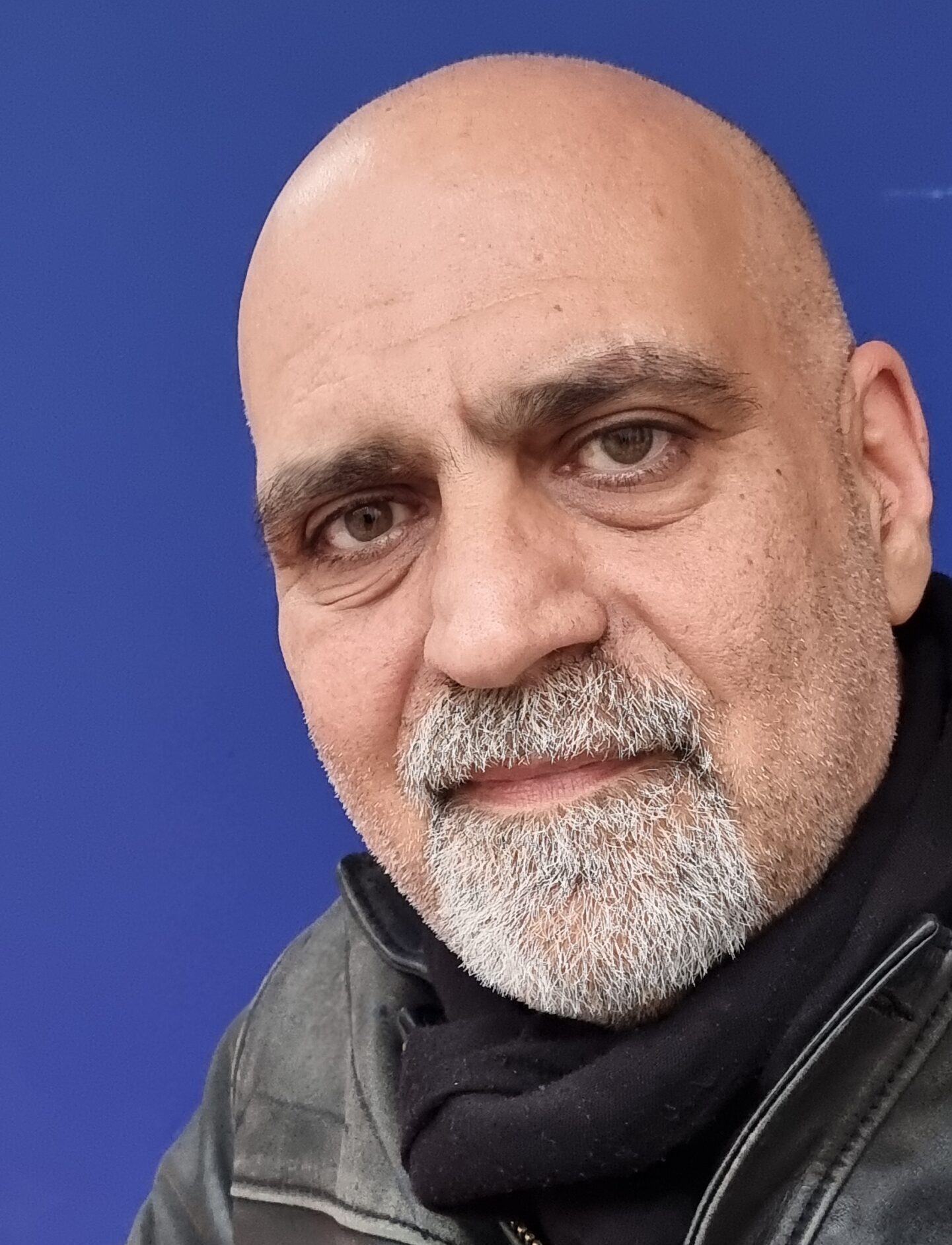
Nans, originally from the South of France, has lived in Paris since 2000. Graduated in Political Sciences and Law, with more than 20 years in the musical industry, Nans is currently responsible for conflict management at SACEM. Prior to this, he was an artist’s manager, then spent 15 years at Warner as responsible for copyright and income tracking. Nans is co-chairing the TOWGE.
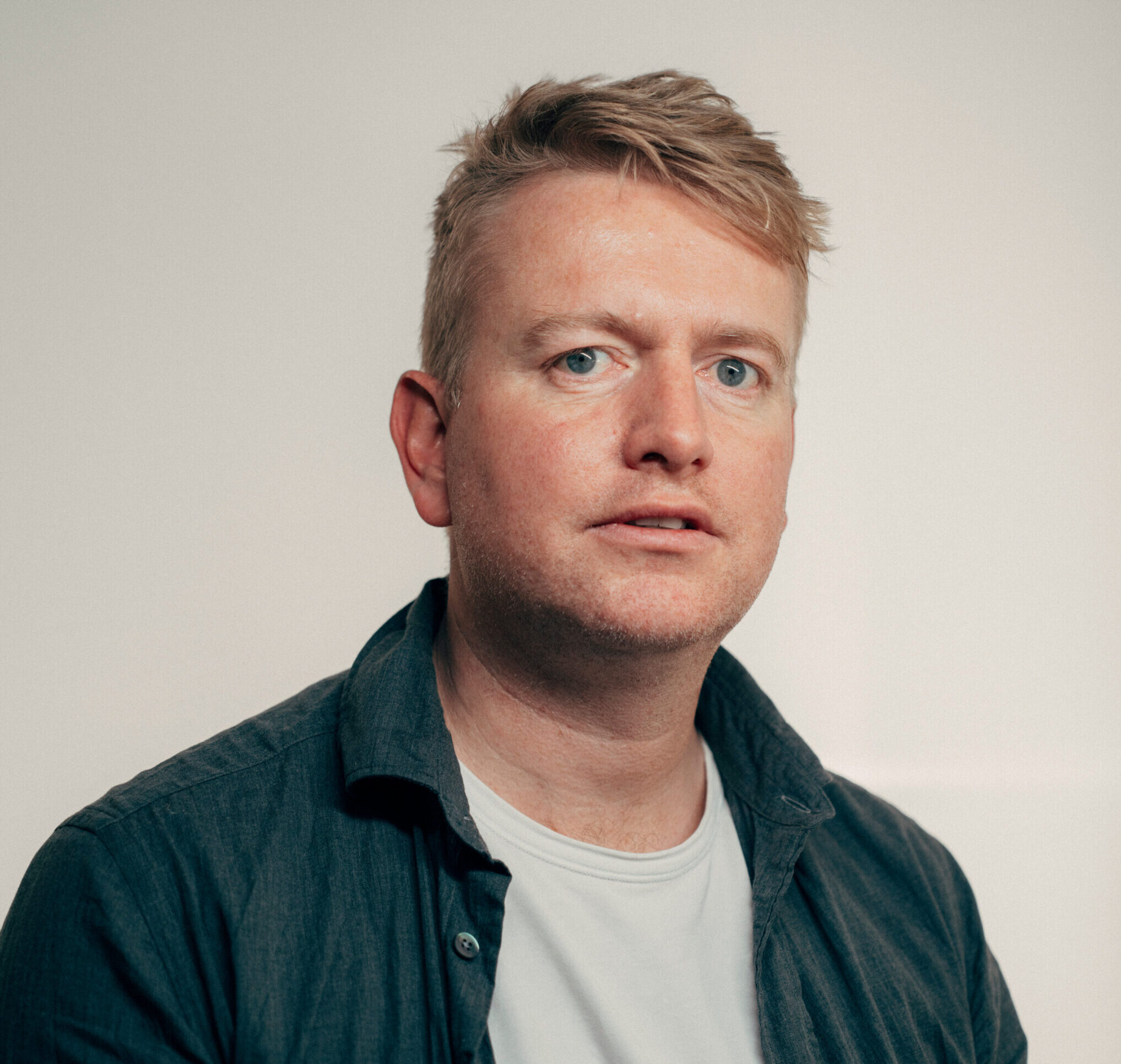
Robin manages all operational elements of the AMRA business—the world’s first global digital music collection society—alongside supporting licensing and commercial activities. In 2022, he held a leading role in the sale of AMRA to Francisco Partners and has overseen annual collections increasing to over $150m since he joined in 2019. Davies is part of the Group executive team and is responsible for achieving key objectives such as end-to-end cloud processing, increasing global licensing coverage, and supporting songwriter causes through industry board positions.

Jakue Lopez is currently the Manager of Partner Engineering, Music Publishing for EMEA at YouTube Music. He and his team help build solutions so that Collective Management Organizations (CMOs), music publishers and songwriters get compensated for their music usage on YouTube. He has over 10 years of experience in the online publishing royalty distribution processes, where he keeps finding ways to bridge the gap and impact in his two passions - Music and Technology.
Summus es un evento organizado por BMAT
que tendrá lugar el 25 y 26 de septiembre en Flowers by Bornay y la sede de BMAT.